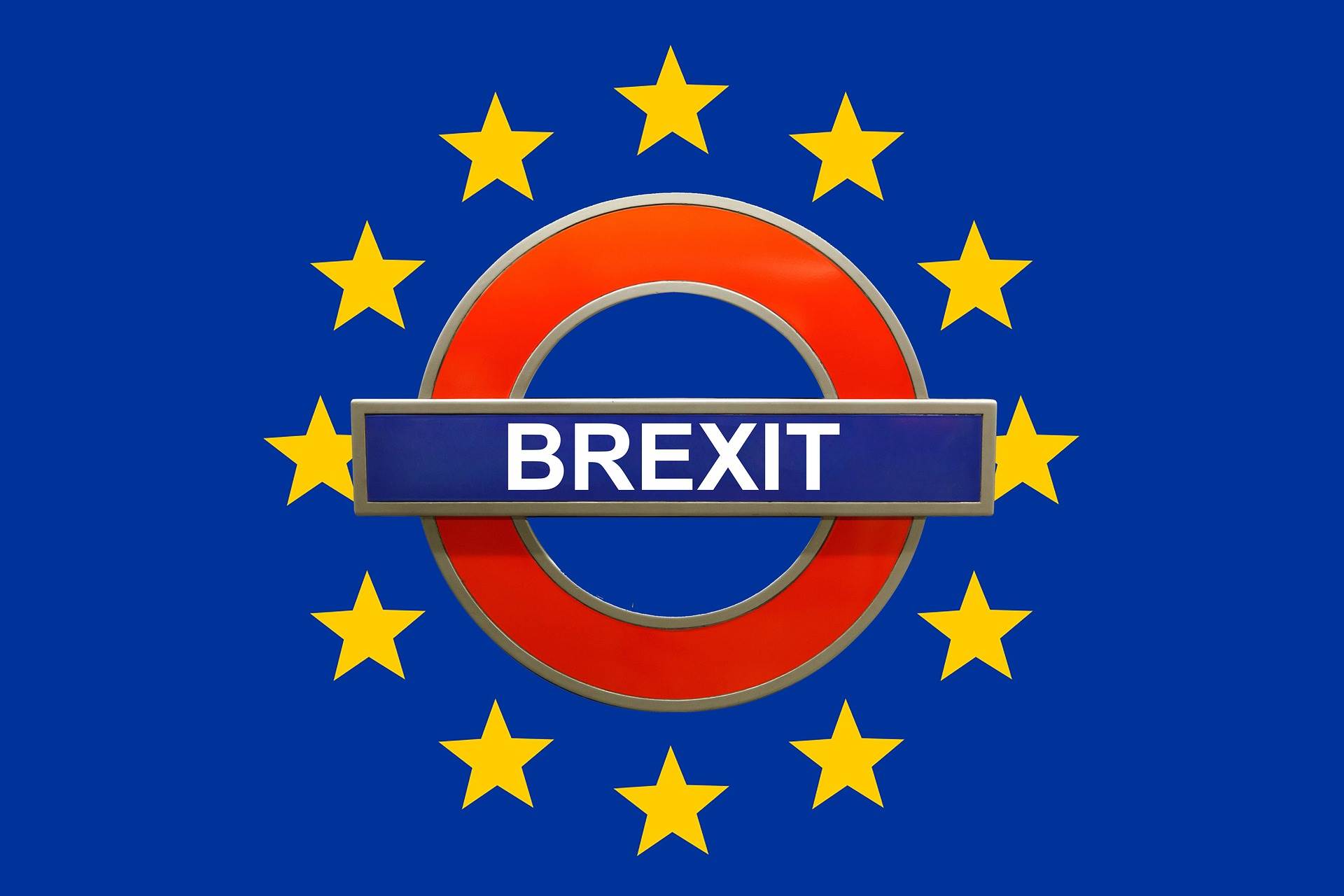 Under the Johnson administration, Brexit has been treated as if it were a game of Chicken with the winner being the last to blink. The UK approach was to claim that they wanted a deal (satisfying the hard Brexit zealots and the DUP), but were determined to leave at the end of October without a deal if the EU would not compromise. The idea was that the EU wanted a deal as much, if not more, than the UK and would be willing to do anything to achieve it. Millions (if not already billions) has been wasted preparing the UK for a “no deal” scenario which virtually nobody wants.
Under the Johnson administration, Brexit has been treated as if it were a game of Chicken with the winner being the last to blink. The UK approach was to claim that they wanted a deal (satisfying the hard Brexit zealots and the DUP), but were determined to leave at the end of October without a deal if the EU would not compromise. The idea was that the EU wanted a deal as much, if not more, than the UK and would be willing to do anything to achieve it. Millions (if not already billions) has been wasted preparing the UK for a “no deal” scenario which virtually nobody wants.
The de facto deadline for a Brexit deal is/was this week’s EU summit meeting. However, there was an on the face of it surprising development last week in a meeting between Irish PM Leo Varadkar and Boris Johnson, when both declared that a “pathway to a deal” had been identified, allowing intense discussions to get underway at a technical level. Details of the meeting have been scarce, but it seems the UK has abandoned its plans to have some customs inspections on the island of Ireland. It appears that the UK has done a U-turn and is now willing to leave Northern Ireland closely aligned to the EU and adhering to the rules of its customs union whilst having formally left it.
It is unlikely that the DUP will support an agreement which would see the province of Northern Ireland adhering to a different set of (trade and) customs rules than the rest of the nation. Indeed, they already rejected such a proposal under the May administration, claiming that it put a border in the Irish Sea and threatened the integrity of the UK.
If Johnson cannot seal a deal by 19/10/11, the Benn Act obliges him to request a three-month extension to the UK’s A50 notice. He has stated to a Scottish Court that he will comply, yet continues to claim in public that the UK will leave the EU at the end of the month.
At this stage, it remains questionable that the PM will have a deal to lay before parliament after the summit, let alone one that can get sufficient support to pass the Commons. It is very likely that any bill which was submitted (a version of May’s EU Withdrawal Act) would be amended to require that a confirmatory public vote be held before it could become law. Whilst Johnson’s government falls badly short of a majority, there is talk (and talk is cheap) that with support from some Labour rebels, he could find a majority if a deal is struck.
Any news which makes a “no deal” exit more likely is causing Sterling to fall whereas anything that hints at a potential deal causes it to rise.
There is growing enthusiasm for a “People’s Vote” to decide the Brexit question once and for all before a general election is held. It is not yet clear that it has reached a critical level though. However, the “official” position of Jeremy Corbyn, the Labour leader, is that he want to win a general election first (his party trails badly in the polls); renegotiate a deal with the EU which would ensure continued customs union and single market membership; and only then ask the public to decide. Labour would decide whether to campaign for their deal, stay neutral or advocate for continued EU membership at a “later date”. Right.
